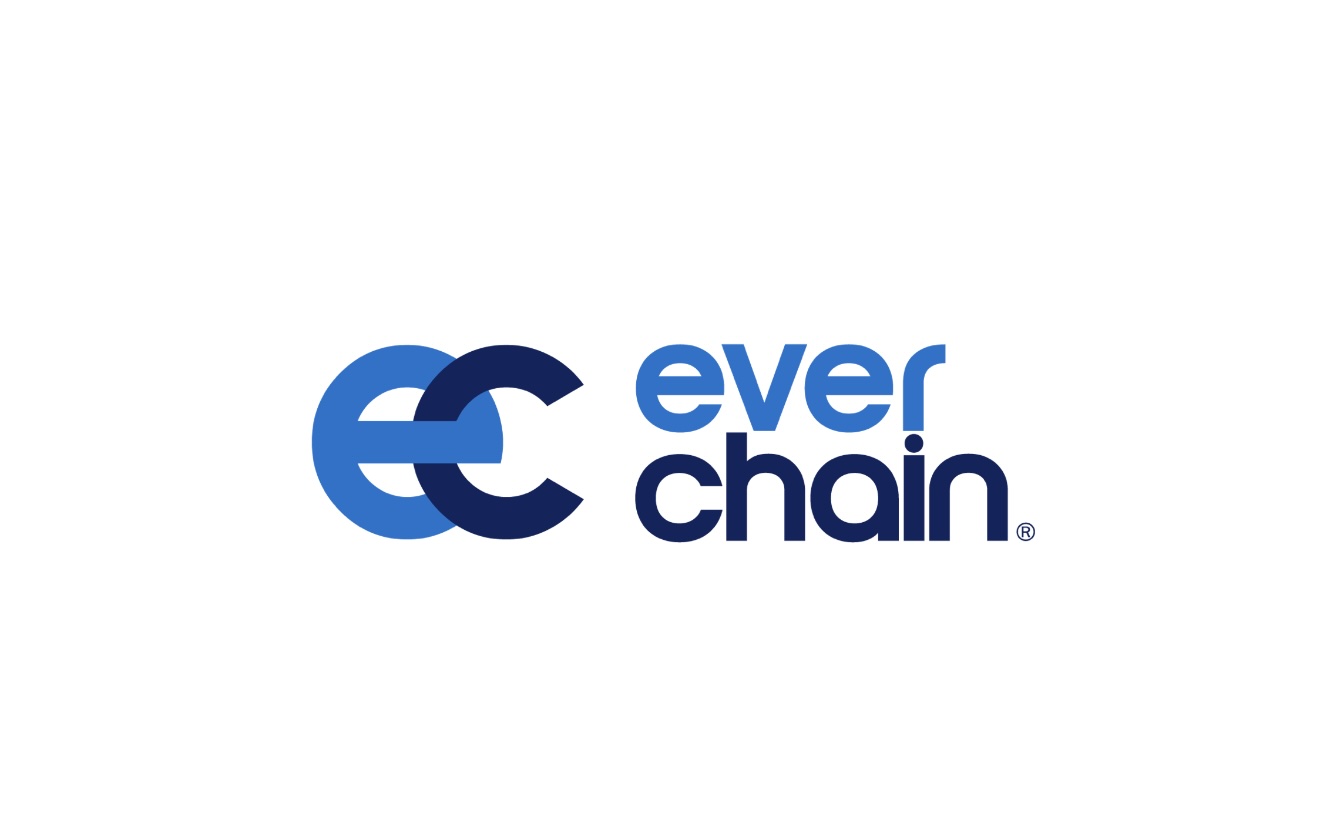With the massive amount of layoffs occurring during the present pandemic — the Federal Reserve estimates unemployment could reach 32% nationwide — debt collectors are going to need to make hard choices over the next few months. Our industry should consider whether continuing collections is both a positive moral and a positive business decision, particularly in regard to using aggressive collection methods. The morality stems from the fact that many debtors with charge-off debt in collections are likely to have lost their jobs, making it much more difficult to pay for basic necessities despite government assistance.
Kicking debtors while they are down and forcing them to pay during times when they can barely afford food and rent may not be a good moral choice. It would also put debt industry employees in difficult positions regarding work ethics and could lead to losing good collectors. Aggressive collections would not only have moral problems, but would also have a high chance of being financially counterproductive.
Even unpaying debtors would more likely be hesitant to deal with aggressive collectors, in my opinion, and less able to provide payment if they were out of a job. Collectors would be pressing harder and harder and making less and less. Collection groups could make just as much net money if they slowed down collections and focused on bringing in the easier money without aggressive methods and full staff.
Also, aggressive tactics could lead to legal action, even under a favorable government administration. Aggressive collections during national financial instability have tended to also increase laws written against debt collections. For example, the Fair Debt Collection Practices Act, or FDCPA, was birthed in the late 1970s in response to heavy-handed tactics used by collection agencies, practices that even modern aggressive collectors may consider overbearing.
The Consumer Financial Protection Bureau was also born in 2011 out of similar circumstances, when rogue collection agencies were failing to adhere to the standards of the FDCPA and enforcement was lax. Agencies need to think long-term and make sure they have a business model that will be able to survive in the long run. Collection groups would also be well advised to reduce call volume, but there may be a solution to assist in the short term.
Agencies may find some holdover business in offering a substantial discount for a lump-sum payment for debtors who can do so with their stimulus funds. The time-value of money comes in at a great benefit here, as taking a short settlement now would be a similar deal to the time-consuming effort of pressing for a larger payment later down the road. Organizations should also utilize omnichannel options for debtors to provide payments, and consider possibly even providing discounts for doing so.
Mobile and online payment options via smartphone and PC should be standard procedures for collection businesses. When customers can easily make payments, they are more inclined to do so, in my experience. Collection groups need to take a step back and consider their methodologies over the next few months.
Using aggressive tactics could turn out to be a poor business decision down the road. All business methods and practices should be examined for best usage, cost-effectiveness and true profit.





